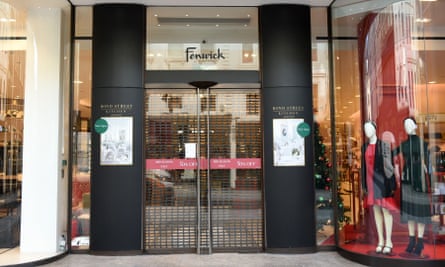 |
| Philip Larkin |
Philip Larkin: a canary in the coalmine of cancel culture
Hull University in midwinter provided a perfect backdrop for a centenary lecture series on its most famous libraria
Rachel Cooke
Saturday 10 December 2022
I’m writing this column in Hull, where yesterday I spoke at Bad Habits of Expectancy, a conference at the university to mark the centenary year of Philip Larkin’s birth. It is all very exciting and strange. I have a student room, and this morning I ate my breakfast – properly buttered toast, for I am properly in the north – alongside a handful of bleary-eyed undergraduates in a place called the Pantry. Scarf trailing, I walk the campus, rather bleak in winter, and remember what it was like to be young. Where did all the years go? Larkin, of course, is the perfect soundtrack for this kind of melancholy.
I talked about Larkin and cancel culture: looking back, he was a canary in the coal mine, a sign of things to come. Others have spoken on Larkin and Auden, Larkin and national service (which he did not do), and Larkin and childhood (which famously bored him); Prof Esther Johnson of Sheffield Hallam University and her colleague Vicky Foster delivered a presentation about Hull’s once magnificent 1960s Co-op, a building that, even if it didn’t inspire it, brings to mind Here, Larkin’s gorgeous poem about the city (Cheap suits, red kitchen-ware, sharp shoes, iced lollies / Electric mixers, toasters, washers, driers).
Last night, we ate at Larkin’s Bar, marked by a metal toad, but whose menu consists of pasta and burgers rather than pilchards and tinned mandarins.
The conference will end with a tour of Larkin’s office within the Brynmor Jones library. Apparently, I should prepare myself for the sight of a pair of the poet’s spectacles on his (surprisingly large) desk.
The art of being daring

I’d expected the office tour to be the climax of this – what to call it? – academic extravaganza of the lyrical and the quotidian. But for me, the highlight was drinks in the Hull University Art Gallery before dinner. What a place. Given the moribund state of our glorious nation, it’s painfully easy to forget about all the good things that are still available to us, and here is one. To think that I hadn’t even heard of it until now.
In 1963, with the help of an annual endowment of just £300, the university began building a collection, from scratch, of British art made between 1890 and 1940. To do such a thing must have seemed mad at the time, even if its curator was only to go after “the unfashionable and the inexpensive”. But the daring paid off. The collection is now of national importance and comprises more than 400 works by artists such as Ben Nicholson, Nina Hamnett, Walter Sickert, Stanley Spencer and Keith Vaughan. Entry is free and open to all. My highlight: Madrid Crowd (1931), a documentary painting from a news photograph by Sylvia Gosse, the daughter of the great Edmund Gosse and famously a pupil of Sickert’s.
Scents of an ending

In London, two of my most beloved shops are closing: I Camisa & Son, the legendary Italian deli in Soho, and Fenwick on Bond Street. Camisa I treasure for fresh pasta and fantastic sandwiches, while Fenwick has always screamed glamour to me, albeit of a fairly sensible kind. My Sunderland granny, the most well-turned out woman I ever knew, used to talk grandly of going “through to Newcastle” where Fenwick began its life and where she liked to shop. When I moved to London, aged 22, I quite naturally gravitated towards it even if I didn’t have any money to spend. I will miss stroking the camel coats and trying on the fanciful hats; the squirts of scent that kissed me a fond goodbye on my way out.
Rachel Cooke is an Observer columnist


No comments:
Post a Comment